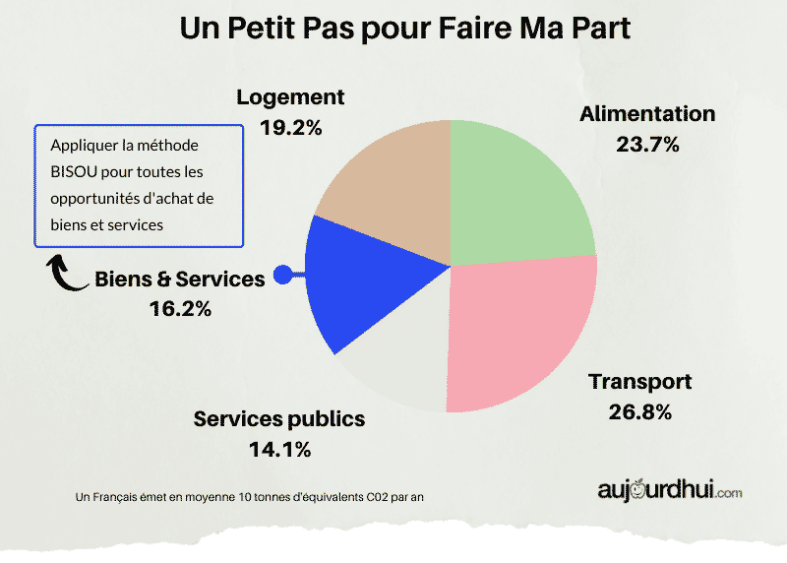Having a stroke after heart surgery is quite common. Fortunately, researchers have identified the risk factors for this phenomenon to reduce its incidence.

After a heart operation, the risk of having a stroke in the days that follow, and up to two years after, is significant. Better identification of people at risk would improve postoperative surveillance. This is what strives to do a study published by the Canadian Medical Association Journal (CMAJ), in order to allow better patient care and better prevention of stroke.
Age and illness
It is one of the most extensive studies on the subject, including more than 100,000 participants operated on in Ontario (Canada). It shows that several factors can be decisive for having a stroke after having undergone an operation. The most obvious is that people who have already suffered such an event before the operation are at greater risk. People over 65 are also more fragile than others, with 2.5% of cerebral arrests observed.
Depending on the type of operation, the risks may also be increased. Thus, valve surgeries generally cause more complications afterwards, with 1.5% of strokes observed. Finally, having peripheral cardiovascular disease before having an operation also causes more problems.
Atrial fibrillation
Another risk factor: atrial fibrillation, a disease responsible for an irregular heartbeat. 18% of people suffer from it the day after heart surgery. And researchers have shown that 3.3% of patients who have it have a stroke right after. On the other hand, this does not increase the risk in the following two years, unlike the other factors they identified.
This study therefore provides a better understanding of why a stroke can occur after an operation affecting the heart. But beyond this objective, it is the medical surveillance that it aims to strengthen, when the patient presents one of these characteristics.
.

















